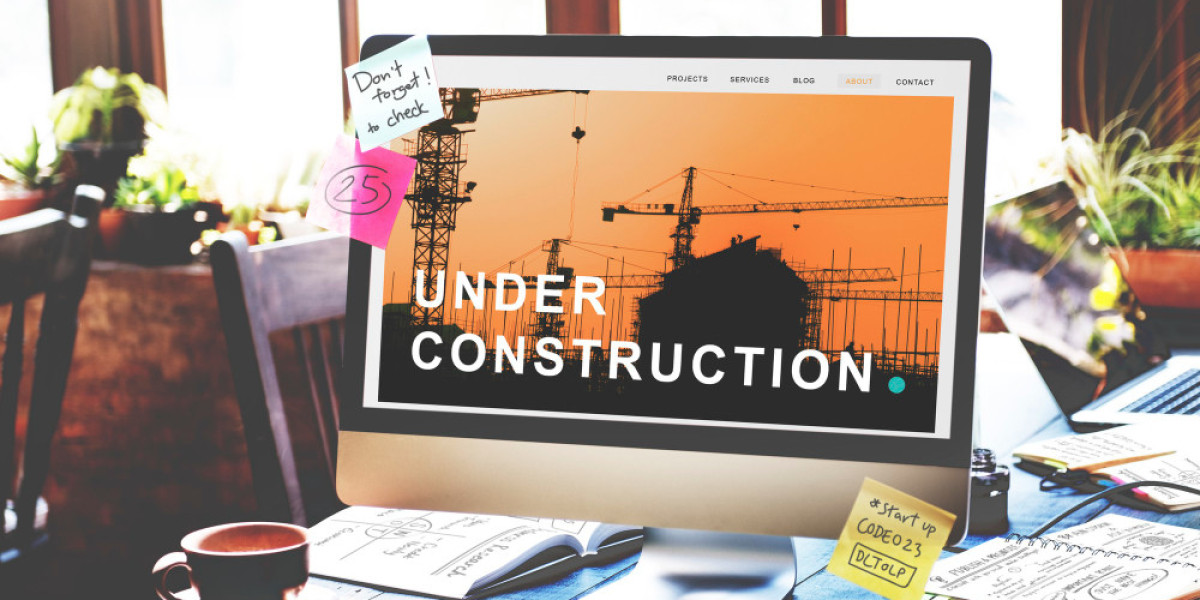The credibility of your online presence is built not just on what you say, but how you say it—and how reliable your content is to users. Whether you run a small business website, a blog, or a corporate platform, broken links can significantly erode trust and send potential customers or readers elsewhere. In the fast-paced world of digital interactions, users expect seamless navigation. When they encounter a page that doesn’t load or a resource that’s no longer available, it sends a loud, clear message: you’re not maintaining your site.
Search engines also take notice. Broken links can harm your SEO rankings, degrade user experience, and ultimately tarnish your professional reputation. That’s why it’s vital to regularly audit your site and invest in solutions like website maintenance services that help keep your content updated and accessible.
Key Points
- Broken links negatively impact user experience and trust.
- They can damage your site’s search engine ranking.
- They give the impression of neglect or lack of professionalism.
- Regular maintenance and link auditing can prevent these issues.
- There are tools and best practices to help manage and fix broken links effectively.
What Are Broken Links?
Broken links, also known as dead links, are hyperlinks that no longer lead to their intended destination. This typically results in a 404 error page or a message stating that the page cannot be found. These links can break for a variety of reasons:
- The linked page was removed or renamed without a proper redirect.
- The URL was typed incorrectly.
- The domain of the linked site has expired or been restructured.
Types of Broken Links
- Internal Links: Links that point to other pages within your own website.
- External Links: Links that point to pages on different websites.
Why Broken Links Are a Problem
1. They Undermine User Experience
Imagine visiting a site to read an article or find a product, only to be stymied by a link that leads nowhere. Frustrating, right? Broken links disrupt the flow of information, waste your visitors’ time, and can lead them to abandon your site altogether. Even one broken link can diminish the user's perception of your site's reliability.
2. They Hurt Your SEO Rankings
Search engines like Google crawl websites to index their content. When they encounter broken links, it signals to them that your site may not be well-maintained, which can impact your search visibility. A high number of broken links can reduce your site’s crawl efficiency and decrease its authority score in Google's algorithm.
3. They Damage Professional Credibility
When visitors find broken links on your site, especially on crucial pages like your homepage, contact page, or product listings, it gives the impression that your business is outdated or inattentive. This can deter potential clients, customers, or collaborators from engaging with you further.
How Broken Links Affect Different Stakeholders
Small Business Owners
For small business owners, every lead and visitor counts. Broken links can mean lost sales opportunities and reduced customer trust. Your website is often the first impression your business makes—don't let a dead link be part of that impression.
Content Creators and Bloggers
If you're a content creator or blogger, credibility is your currency. Broken links can devalue your content, upset your readers, and decrease the chances of your content being shared or cited.
Digital Marketers
Marketing strategies rely heavily on link equity and user pathways. A single broken link in a campaign funnel can throw off conversion tracking and impact performance metrics.
Web Developers and Designers
Professionals responsible for building and maintaining websites need to ensure all links are functional. Broken links can reflect poorly on their work, especially when delivering a product to clients.
Common Causes of Broken Links
- Content Reorganization: Moving or deleting pages without setting up proper redirects.
- Typographical Errors: Simple spelling mistakes in URLs can lead to 404 errors.
- Expired External Pages: Linking to content that has been removed or moved on another domain.
- Changes in URL Structure: Restructuring your site without updating internal links accordingly.
How to Identify Broken Links
1. Manual Checking
Although time-consuming, clicking through and checking each link manually can be effective for smaller websites. This method ensures you experience the site as a user would.
2. Using Online Tools
There are numerous free and paid tools available to help you scan your website for broken links. Some popular options include:
- Google Search Console
- Screaming Frog SEO Spider
- Dead Link Checker
- Broken Link Checker (WordPress plugin)
3. Browser Extensions
Extensions like Check My Links (for Chrome) can help developers and content editors check links on a page quickly and efficiently.
How to Fix Broken Links
1. Update or Replace the Link
If the resource you linked to has moved, find the new URL and update the link accordingly. If it's no longer available, look for an alternative, reputable source to replace it.
2. Redirects
If you're changing your own site's structure or deleting pages, use 301 redirects to point old URLs to the new ones. This preserves SEO value and ensures users don’t hit a dead end.
3. Remove the Link
If a suitable replacement can’t be found and the link doesn’t add significant value to your content, consider removing it altogether.
4. Use a CMS with Built-in Link Checkers
Some content management systems (CMS), like WordPress, offer plugins and features that automatically notify you of broken links so you can address them proactively.
Best Practices to Prevent Broken Links
- Regularly audit your website for dead links.
- Use consistent URL structures and avoid unnecessary changes.
- Implement redirects when restructuring your site.
- Vet external sources carefully before linking.
- Keep a log of outbound links to monitor for changes.
The Role of Website Maintenance
Broken links are often a sign of a site that hasn't been properly maintained. Routine upkeep is essential for ensuring your website remains functional, trustworthy, and user-friendly. This is where investing in professional website maintenance services becomes not just helpful, but crucial. These services help monitor link health, update plugins and content, and ensure that your site continues to reflect your brand's professionalism.
Benefits of a Link-Healthy Website
- Improved User Experience: Seamless navigation keeps users engaged and increases the chances they'll return.
- Better SEO Performance: Fewer errors mean more effective crawling and indexing by search engines.
- Higher Conversion Rates: Trustworthy websites are more likely to convert visitors into customers or subscribers.
- Enhanced Brand Reputation: A smooth, error-free site reflects positively on your brand’s reliability.
Conclusion
Broken links may seem like a small technical hiccup, but they carry significant weight in the digital landscape. From damaging user trust to impacting your SEO performance, their effects are far-reaching. Regular audits, vigilant content management, and proactive upkeep are essential to maintaining a healthy, credible online presence. Don’t wait for your audience to stumble upon a 404 error—take action now to ensure your site remains an effective and trustworthy destination.
FAQ
Why do broken links affect SEO?
Search engines aim to provide users with the best possible experience. A site filled with broken links signals to these engines that your content may be outdated or poorly maintained, which can lower your rankings.
How often should I check for broken links?
It’s advisable to perform a thorough link audit at least once every quarter. However, if you update your content frequently or manage a larger site, monthly checks may be more appropriate.
Can broken links affect mobile users differently?
Yes. Mobile users often have less patience and slower internet speeds. Encountering a broken link on mobile can lead to faster abandonment and a more negative perception of your site.
What happens if I don’t fix broken links?
Your site’s usability, reputation, and SEO performance will likely decline over time. Neglecting broken links sends a message that your digital presence isn’t a priority.
Are internal or external links more important to monitor?
Both are important, but internal links are directly within your control and have a more significant impact on user navigation and site architecture. External links, while still important, depend on third-party content.
Do redirects fix SEO issues from broken links?
Yes, using 301 redirects can preserve much of the SEO value from the original link. However, it’s always best to update links directly if possible.
What’s the quickest way to check for broken links?
Using tools like Google Search Console or browser extensions like Check My Links can quickly identify issues without needing to comb through each page manually.



